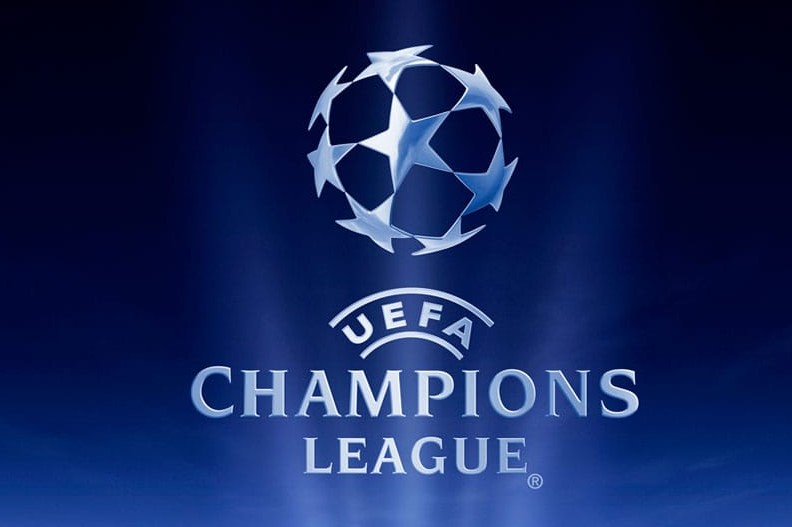The UEFA Champions League is not just about the trophies and the bragging rights; it’s also an economic powerhouse driving revenues for UEFA, clubs, broadcasters, and sponsors alike.

The prize money in the Champions League has seen a significant increase over the years, reflecting the tournament’s growing commercial success. According to recent data from UEFA, the total prize money for the 2023-2024 season amounted to €2.03 billion (£1.74bn/$2.19bn), a staggering figure that highlights the financial stakes involved.
Clubs participating in the group stage receive a base fee of €15.6m (£13.5m/$16.8m) each, with additional bonuses for wins and draws. Advancement to the knockout stages brings even greater rewards, with each quarter-finalist earning €10.6m (£9.1m/$11.4m), semi-finalists receiving €12.5m (£10.8m/$13.2m), and the runner-up pocketing €15.5m (£12.9m/$16.12m). However, the ultimate prize awaits the winner, with the Champions League title coming with a €20m (£17.2m/$21.5m) cash reward.
Last season, winners Manchester City picked up around €80million (£68.4m/$86.4m) in prize money through the duration of the tournament.
Broadcasting Rights:
Television broadcasting rights form the cornerstone of the Champions League’s revenue stream. Major broadcasters around the world compete for the rights to air the matches, resulting in lucrative deals for UEFA and participating clubs.
In the latest round of broadcasting deals, which cover the 2021-2024 cycle, UEFA secured contracts worth approximately €3.2 billion, a substantial increase from previous cycles. These deals encompass both domestic markets, where individual countries’ broadcasters vie for rights, and international markets, where global giants such as BT Sport, Sky Sports, and beIN Sports battle for viewership.
Commercial Revenue:
Beyond prize money and broadcasting rights, the Champions League offers clubs a platform to boost their commercial revenues through sponsorships and advertising. The global reach of the tournament ensures unparalleled visibility for sponsors, making it an attractive proposition for brands seeking to enhance their exposure.
Top clubs leverage their participation in the Champions League to secure lucrative sponsorship deals with leading brands across various industries. From shirt sponsors to official partners, these agreements inject millions into club coffers, further augmenting their financial prowess.
The Champions League itself is supported by a roster of high-profile global sponsors who contribute significantly to the tournament’s prestige and financial stability.
Here are the key sponsors for the 2023/24 season and beyond:
- PepsiCo: A partner since 2015, PepsiCo has renewed its sponsorship for the 2024-2027 cycle. This partnership includes activations such as the UEFA Champions League Final Kick-Off Show by Pepsi, which features live global musical artists. PepsiCo’s Gatorade brand provides hydration products and sports nutrition resources through the Gatorade Sports Science Institute (GSSI).
- Heineken: Heineken has been a sponsor since 1994 and will continue through the 2024-2027 cycle. The sponsorship includes branding and activations around the UEFA Super Cup and emphasizes sustainability initiatives.
- Mastercard: Mastercard has been a long-standing sponsor since 1994, known for its Player Mascot program and fan engagement activities. The current sponsorship deal covers the UEFA Super Cup as well.
- FedEx: Since 2015, FedEx has been a key sponsor and logistics partner, extending its partnership to cover the UEFA Youth League finals, UEFA Futsal Champions League finals, and the UEFA eChampions League.
- Just Eat Takeaway.com: This partnership, starting in November 2019, includes sponsorship of multiple UEFA competitions, including the UEFA Champions League, UEFA Europa League, and the UEFA Women’s Champions League.
- Expedia Group: Initially partnering with UEFA in 2018, Expedia Group renewed its sponsorship in 2023, providing travel solutions and serving as a regional partner in the United States. The deal includes branding for both Expedia and Hotels.com.
- Oppo: The Chinese smartphone manufacturer became a global partner in 2022, marking the first such partnership for a Chinese company with the UEFA Champions League. The sponsorship includes in-stadium branding and fan engagement activities using Oppo smartphones.
- Turkish Airlines: The airline signed a sponsorship deal in 2022, focusing on the 2023 final in Istanbul. Turkish Airlines benefits from extensive branding exposure around UEFA Champions League matches.
It has been reported that:
Uefa is targeting €750m (£638m/$815m) per season in sponsorship and licensing income from its three men’s club competitions from 2024-25 to 2026-27 in what would be a 39.2-per-cent-increase on the average of €538.7m (£458m/$585m) per season generated in the current cycle.
As you can see, the UEFA Champions League represents the pinnacle of European club football, both in sporting and economic terms.
I for one can’t wait for tonight’s game, it’s set up to be a great final. The bookie’s favourite is Real Madrid and it would be hard to bet against them but Dortmund are certainly capable of winning.

